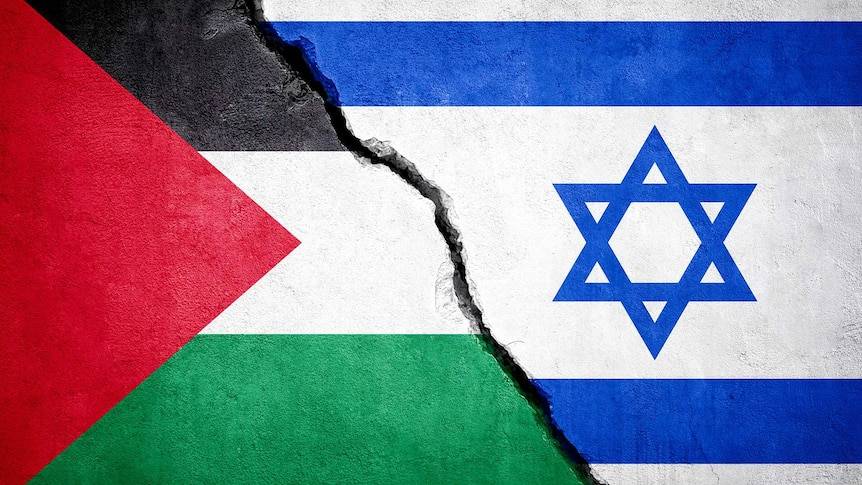The current conflict between Israel and Hamas.
The current conflict between Israel and Hamas, which erupted on October 7, 2023, is one of the deadliest and most prolonged in the region’s history. The violence began with a surprise Hamas attack on southern Israel, killing approximately 1,200 Israelis, mostly civilians, and taking hundreds of hostages.
This offensive prompted a large-scale Israeli military response targeting Hamas positions in Gaza, leading to intense airstrikes, ground incursions, and significant destruction within the densely populated Gaza Strip. Over 43,000 Gazans have been reported killed, with entire neighborhoods destroyed and civilian infrastructure heavily damaged, intensifying Gaza's already severe humanitarian crisis.
The humanitarian situation in Gaza is dire, with shortages of food, water, and medical supplies compounded by Israel’s ongoing blockade and control over resources like fuel. Power outages have left hospitals and critical facilities without energy, worsening the plight of civilians and creating a health crisis that has overwhelmed Gaza’s medical services.
United Nations Secretary-General António Guterres and other international figures have called for efforts to protect civilians and restore essential services, but relief efforts have faced obstacles due to continuous hostilities and complex logistics within Gaza's borders.
Efforts for a ceasefire have been limited and fragile. Mediation attempts led by regional and international actors, including Egypt and Qatar, have focused on securing temporary ceasefires to allow humanitarian aid into Gaza and negotiate the release of hostages held by Hamas. So far, these initiatives have had limited success in achieving a lasting truce or addressing the fundamental grievances on both sides. Israel maintains that it will not halt its military campaign until Hamas’s militant capabilities are effectively neutralized, a stance reinforced by Israeli officials citing Hamas’s reported use of civilian infrastructure for military purposes.
This conflict is also affecting the broader Middle East, with neighboring countries like Lebanon and Egypt on high alert for potential spillover effects. Hezbollah, the militant group based in Lebanon, has exchanged fire with Israeli forces, raising concerns about a regional escalation. The geopolitical dimensions extend beyond Israel and Gaza, as Iran and other regional actors have been implicated in supporting Hamas and influencing the dynamics of the conflict, potentially impacting broader peace and stability in the Middle East.
The current escalation has brought renewed attention to the long-standing issues underlying the Israeli-Palestinian conflict, including territorial disputes, humanitarian concerns, and the stalled peace process. With immense loss of life and suffering, international stakeholders continue to debate the potential paths toward de-escalation and conflict resolution, yet solutions remain elusive as both sides hold firm on their objectives and grievances.
For more detailed coverage and ongoing updates, sources like the Council on Foreign Relations and Britannica provide in-depth analyses of the situation and its global implications.




No comments yet
Be the first to share your thoughts!